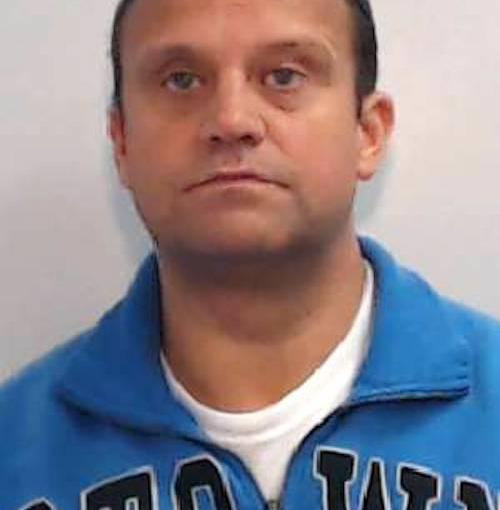Guest post from Adam Francis on the Hedd fraud team
Three people were arrested and tried as part of an investigation into “cash for student visas” scams within the Manchester area, after a regulatory oversight was uncovered by Immigration Enforcement.
By buying failing colleges and converting them into visa mills, this operation managed to slip under the radar. Colleges can sponsor overseas students to study with a Tier 4 licence in the UK, but the scam, led by Muhammad Babar Bashir (pictured with some of the cash above), simply sold acceptance letters for £500 to all students regardless of English comprehension or academic ability. The administrative fee for such a letter through legitimate Home Office channels is just £14.
Through this inflated cost, an eye-watering £2.6 million went through one college alone in the space of two years. The scam was uncovered after Home Office investigators visited the facilities and noticed students knocking on the door trying to get in. Inside, basic educational facilities were completely lacking. So far, two people have been convicted with one result pending.
CPS prosecutors showed the court how the head of the Manchester bogus college operation posed for the cameras with at least £65,000 cash in front of him. He has since been declared a fugitive after failing to appear for his sentencing hearing.
It’s troubling that both the Home Office and Immigration Enforcement didn’t suspend the Tier 4 licenses of the colleges after they were taken over by new management who had few links to the education sector to start off with. When hundreds of visas were being administered to a tiny college, shouldn’t someone have investigated?
Even though Immigration Enforcement stress that this behaviour will not be tolerated, for the student victims, this is a significant sum of money that they will never get back.
It’s vital that prospective students get the right advice and information about how to check legitimate UK providers to prevent this happening in future. UK HE providers can be checked on the look up service on www.hedd.ac.uk












